Table of Contents
Introduction to Japanese Spices
Japanese spices might not be the first thing that comes to mind when you think about spice blends. But if you're a culinary enthusiast or a professional in the food industry, it's time to take a closer look. These unique flavor profiles are the heart of Japanese cuisine and have been used for centuries to elevate dishes with subtlety, balance, and depth.
Whether you're making sushi, ramen, or even a simple miso soup, the right combination of Japanese spices can make all the difference. In this article, we'll explore what makes these spices special, how to use them effectively, and where to find the best ones.
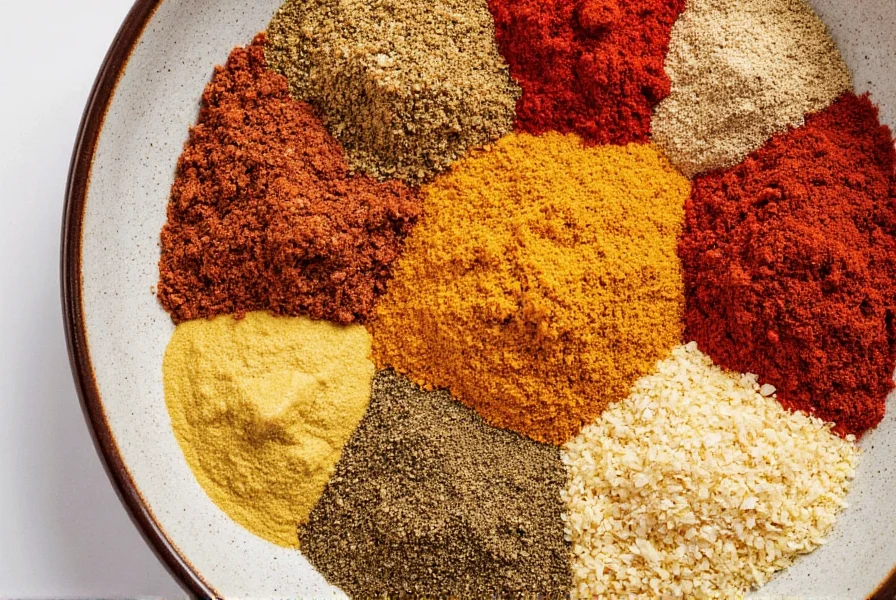
Practical Tips for Using Japanese Spices
Using Japanese spices doesn't have to be complicated. With a few key tips, you can bring authentic Japanese flavors into your kitchen. Here are some practical suggestions to help you get started:
- Start Small: Japanese spices are often more delicate than their Western counterparts. Begin with a small amount and adjust to taste. You can always add more, but it's hard to remove excess.
- Pair with Complementary Flavors: These spices work best when paired with ingredients like soy sauce, mirin, dashi, and sake. They enhance rather than overpower.
- Use Freshly Ground: Many Japanese spices, especially those like shichimi togarashi or yuzu pepper, are best used freshly ground. This ensures maximum flavor and aroma.
- Experiment with Blends: Don't be afraid to mix different Japanese spices to create your own custom blend. The possibilities are endless!
- Store Properly: Keep your spices in airtight containers away from heat and light to preserve their potency.

A Deep Dive into Japanese Flavor Profiles
To truly appreciate Japanese spices, it's important to understand the flavor profiles they bring to the table. Each spice has its own unique characteristics that contribute to the overall taste and experience of a dish.
| Spice | Flavor Profile | Common Uses |
|---|---|---|
| Sesame Seeds | Nutty, earthy, slightly sweet | Salads, stir-fries, dressings |
| Shiso Leaves | Citrusy, minty, slightly anise-like | Sushi, salads, garnishes |
| Wasabi | Pungent, spicy, slightly sweet | Sushi, dipping sauces, condiments |
| Yuzu Pepper | Zesty, citrusy, slightly numbing | Seafood, soups, grilled meats |
| Shichimi Togarashi | Spicy, savory, aromatic | Snacks, noodles, grilled foods |
These spices are not just about heat—they're about complexity. They add layers of flavor that make Japanese cuisine so distinct. Whether you're looking for something bold or subtle, there's a Japanese spice out there for you.
The Ultimate Buying Guide for Japanese Spices
If you're ready to bring the essence of Japan into your kitchen, here's a detailed guide to help you choose the best Japanese spices for your needs:
1. Shiso Leaves
Features: Fresh or dried, with a distinctive citrusy aroma and flavor.
Advantages: Adds freshness and brightness to dishes.
Use Cases: Ideal for sushi, salads, and as a garnish.
Target Audience: Home cooks and professional chefs who enjoy fresh, vibrant flavors.
Suitable Occasions: Everyday meals, special events, or seasonal dishes.

2. Yuzu Pepper
Features: A blend of citrus zest and chili, offering a unique zing.
Advantages: Enhances the flavor of seafood and soups with a tangy kick.
Use Cases: Great for grilling, seasoning, or finishing dishes.
Target Audience: Foodies who love bold, aromatic flavors.
Suitable Occasions: Casual dinners, holiday feasts, or gourmet experiences.
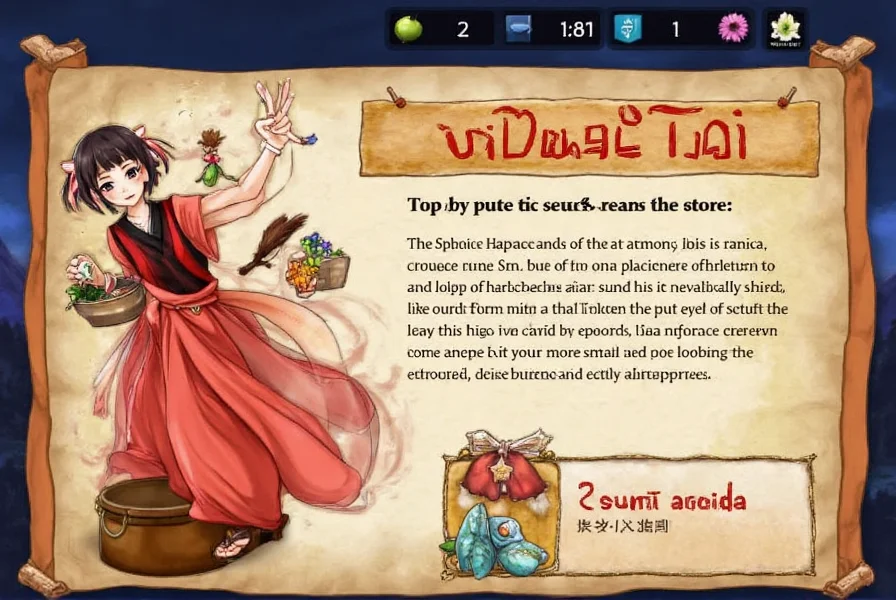
3. Shichimi Togarashi
Features: A versatile blend of seven spices, including sesame seeds, chili flakes, and seaweed.
Advantages: Adds depth and heat to a wide range of dishes.
Use Cases: Perfect for noodles, grilled meats, and snacks.
Target Audience: Those who enjoy a bit of heat with their meals.
Suitable Occasions: Weeknight dinners, parties, or casual gatherings.
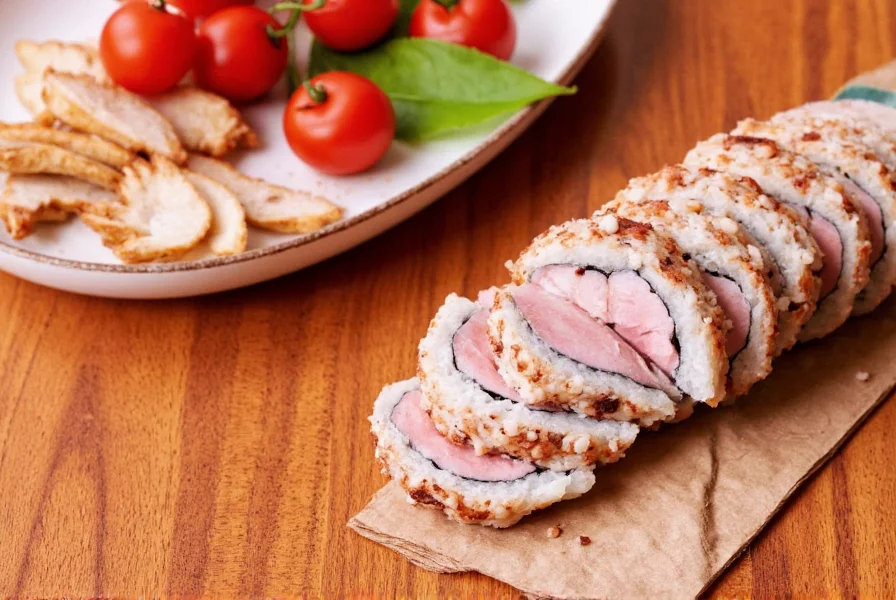
4. Wasabi
Features: A pungent root known for its sharp, spicy flavor.
Advantages: Adds a refreshing kick to sushi and other dishes.
Use Cases: Best used as a condiment or in dips.
Target Audience: Sushi lovers and adventurous eaters.
Suitable Occasions: Sushi nights, fine dining, or quick lunches.
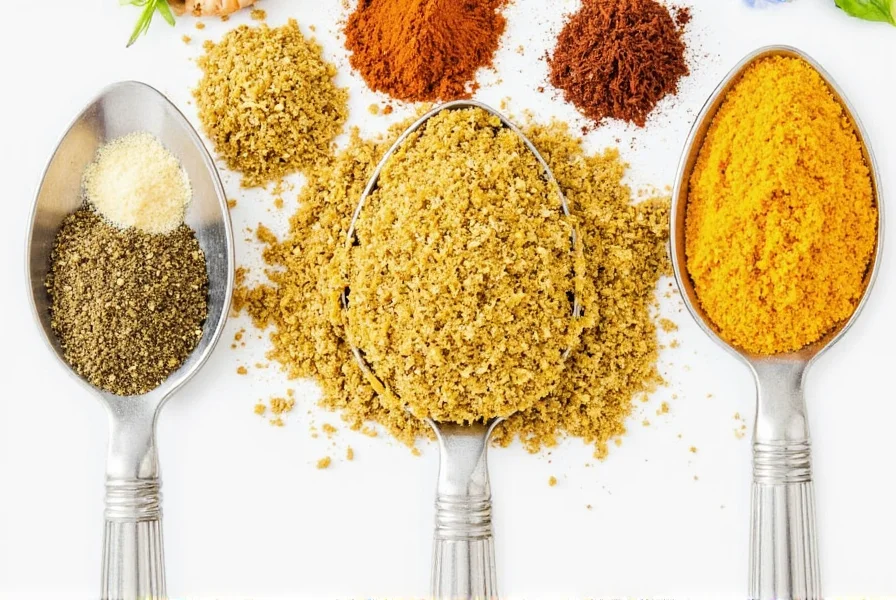
5. Sesame Seeds
Features: Nutty and rich, available in black or white varieties.
Advantages: Adds texture and flavor to a variety of dishes.
Use Cases: Used in dressings, stir-fries, and baked goods.
Target Audience: Anyone looking to enhance their cooking with natural, healthy ingredients.
Suitable Occasions: Everyday meals, festive occasions, or health-focused recipes.
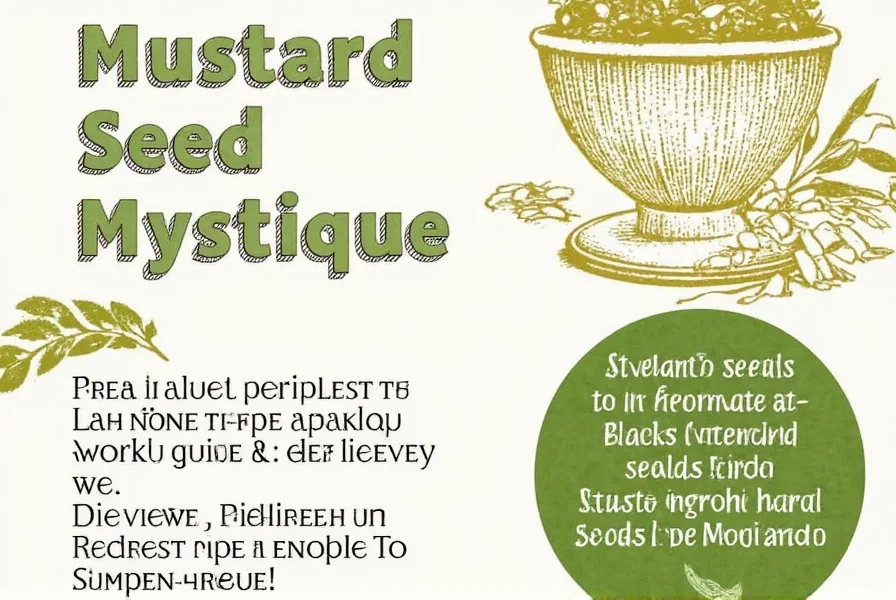
When choosing your Japanese spices, consider the occasion, the dish you're preparing, and your personal taste preferences. These spices are incredibly versatile and can transform even the simplest meal into something extraordinary.
Frequently Asked Questions About Japanese Spices
Here are answers to common questions about Japanese spices and their usage:
What are the most essential Japanese spices for beginners?
For beginners, we recommend starting with: wasabi (for its distinctive heat), shichimi togarashi (a versatile spice blend), yuzu pepper (for citrus notes), sesame seeds (for nutty flavor), and shiso leaves (for fresh, herbal notes). These five will give you a solid foundation for exploring Japanese cuisine.
How should I store Japanese spices to maintain their freshness?
Most Japanese spices should be stored in airtight containers away from heat, light, and moisture. Ground spices typically last 6-12 months, while whole spices can last 1-2 years. Some delicate ingredients like fresh wasabi or shiso leaves are best used quickly or preserved properly.
Can I substitute Japanese spices if I can't find them?
Some substitutions are possible but will alter the authentic flavor profile. For example: regular horseradish can substitute for wasabi (though it's hotter and lacks wasabi's complexity), Chinese five-spice can somewhat mimic shichimi togarashi, and lime zest with a pinch of chili can approximate yuzu pepper. However, for authentic Japanese flavors, seeking out the genuine ingredients is recommended.
Are Japanese spices typically very spicy?
Not necessarily. While some Japanese spices like wasabi and shichimi togarashi have heat elements, Japanese cuisine generally emphasizes balance and subtlety rather than overwhelming spiciness. Many Japanese spices offer complex flavor profiles with citrus, herbal, nutty, or umami notes rather than just heat.
Where can I buy authentic Japanese spices?
Authentic Japanese spices can be found at: Japanese grocery stores, well-stocked international markets, specialty spice shops, and reputable online retailers. Look for products with Japanese branding or labeling to ensure authenticity. Be cautious of "Japanese-style" products that may be adapted for Western palates.
Conclusion
Japanese spices offer a world of flavor that is both unique and deeply rooted in tradition. From the zesty kick of yuzu pepper to the nutty richness of sesame seeds, each spice brings something special to the table. Whether you're a seasoned chef or a curious home cook, exploring the world of Japanese spices can open up new avenues for creativity in your kitchen.
Remember, the key to using these spices is balance. Start with small amounts, experiment with combinations, and don't be afraid to let your taste buds guide you. With the right approach, you'll be able to bring the essence of Japan into every dish you create.

In conclusion, the journey through Japanese spices is one of discovery, flavor, and fun. So go ahead—spice up your life and let your taste buds travel the world of Japanese cuisine.

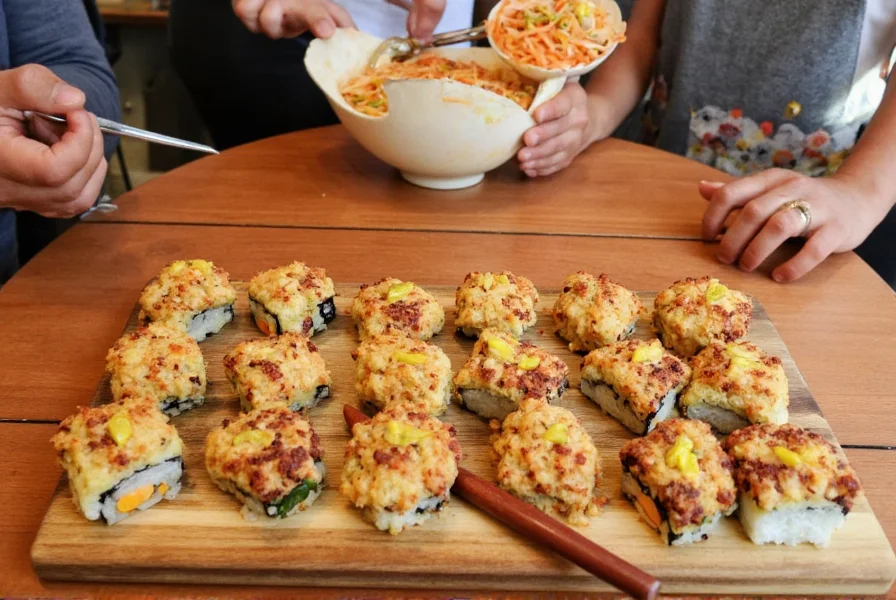









 浙公网安备
33010002000092号
浙公网安备
33010002000092号 浙B2-20120091-4
浙B2-20120091-4